Treatment of soft tissues of the oral cavity

specialists

equipment

treatment
Inflammatory diseases of the oral cavity in adults and children represent a large group of diseases, among which the most common are stomatitis, gingivitis and periodontitis. Let's take a closer look at each of them.
Inflammatory diseases also include glossitis, periodontitis and pharyngitis. Glossitis is characterized by inflammation of the tongue that occurs as a result of infections, allergic reactions or injury. Periodontitis is an inflammation of the apex of the tooth root that appears with progressive gingivitis or periodontitis. Pharyngitis affects the mucous membrane of the pharynx and negatively affects the condition of the mucous membranes of the mouth and tongue. The disease causes a sore throat, sore throat, swelling and redness of the pharynx, and a mucopurulent coating on it.
Diagnosis
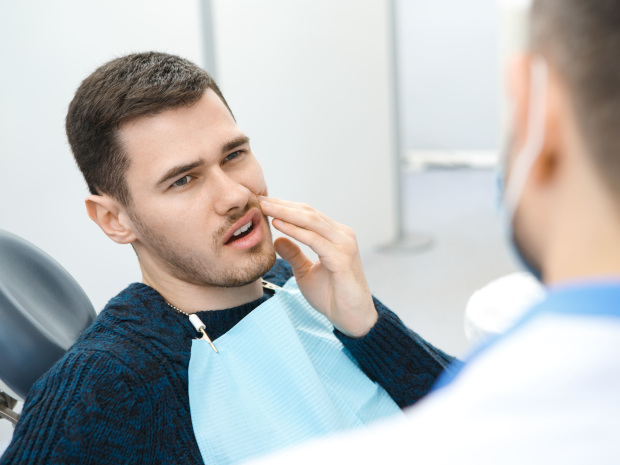
An examination of inflammatory diseases of the oral mucosa includes a set of measures aimed at identifying the root causes of the disease. The doctor begins with a detailed examination of the mouth, collecting anamnesis and assessing the characteristic signs of infection in the oral cavity:
- Bleeding
- Pain
- Improper bite
- Neoplastic
- Numbness or paresthesia
- Problems with chewing food
- Fever
For inspection, good lighting, a tongue blade, gloves and a gauze pad are required. Full or partial dentures are removed to examine the underlying soft tissue.
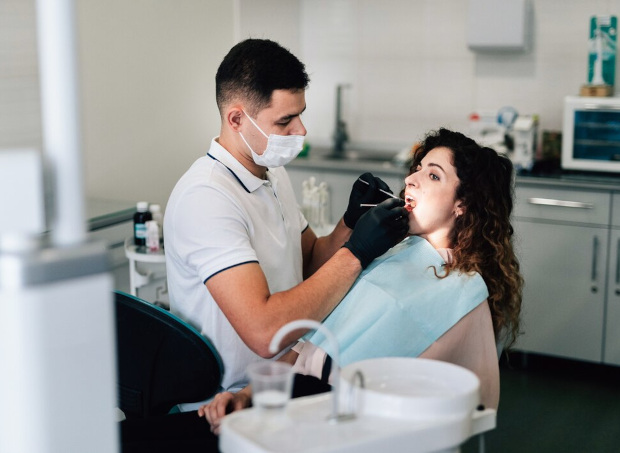
During the examination, the dentist checks the shape of the teeth, the evenness of the dentition, mobility, color, the presence of attached plaques, tartar and other defects. Percussion diagnostics is also used to assess tooth pain.
Tooth mobility may indicate severe periodontitis, bruxism (clenching or grinding of teeth), or trauma that damages periodontal tissue. In rare cases, this unpleasant phenomenon is caused by systemic diseases or neoplasms.
Particular attention in case of inflammation of the oral cavity is paid to the diagnosis of caries. At an early stage, it appears as white spots or defects on the enamel. In the future, caries causes brown spots, rough areas on the surface of the teeth, and bad breath. To clarify the diagnosis, the doctor prescribes an x-ray examination.
Treatment of oral diseases
In adults
Treatment of the oral cavity depends on the specific diagnosis and causes of the disease. This may include:
- Antiviral or antibacterial drugs for the treatment of infectious diseases
- Antihistamines to eliminate allergic reactions
- Painkillers and anti-inflammatory drugs to reduce pain and inflammation
- Gels or ointments for topical use in the mouth
- Drugs for restoring normal salivation and moisturizing the oral mucosa
It is also recommended to stop smoking and drinking alcohol. It is important to maintain good oral hygiene and strictly follow instructions for using medications.
In some cases, to treat the mucous membranes in the mouth, rinsing the mouth with decoctions based on medicinal herbs is allowed. They reduce inflammation and pain. Before using any remedy, you should consult your doctor, as self-medication may worsen symptoms.
In children
When it comes to treating oral infections in children, special attention is paid not only to the treatment of existing problems, but also to prevention. Regular visits to the pediatric dentist for exams and professional teeth cleanings are key to preventing tooth decay and other diseases.
It is equally important to teach children to properly care for their teeth from early childhood. Parents should teach the benefits of brushing their teeth every morning and evening. To prevent gum disease, it is useful to use dental floss.
In the elderly
Treatment of oral inflammation in older people with concomitant diseases, such as osteoporosis, requires an integrated approach. The course of therapy for such patients usually includes medications aimed at strengthening bone tissue and alleviating inflammatory processes. These may include, for example, bisphosphonates to strengthen bones and antiseptic mouth rinses.
When prescribing drug therapy, special attention is paid to possible side effects, especially when combining medications for various diseases. For example, some drugs used to treat osteoporosis may increase the risk of developing stomatitis.
During pregnancy
Prevention
Prevention of inflammation of the oral cavity begins with oral care. It involves brushing your teeth regularly and thoroughly with fluoride toothpaste twice a day. This paste not only removes plaque, but also prevents the development of caries. It is useful to use dental floss to remove food debris from between teeth. Antibacterial mouthwashes can help reduce bacteria levels and strengthen gums.
To identify soft tissue diseases at an early stage and prevent their further development, it is recommended to regularly visit the dentist and have your teeth cleaned. During the procedure, the doctor removes tartar and plaque, which prevents gum inflammation and periodontitis. Professional fluoridation of teeth increases the resistance of enamel to caries.
A healthy lifestyle also plays an important role in the prevention of oral diseases. A balanced diet enriched with vitamins and minerals supports healthy teeth and gums. Using mouth guards when playing sports helps prevent injuries.

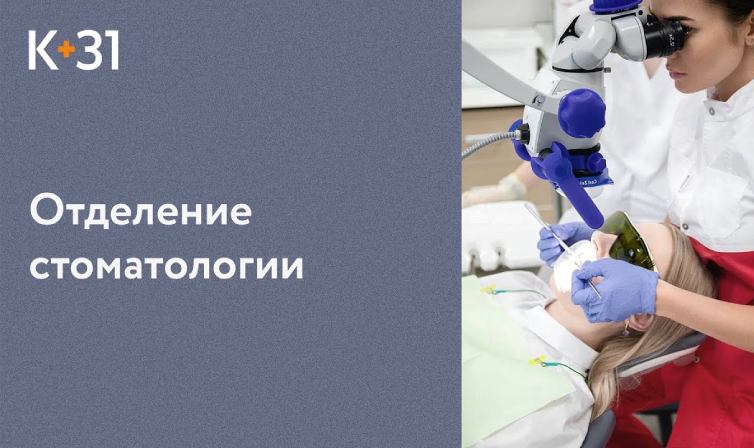
Modern methods of diagnostics and dental treatment at "K+31"
Our doctors

This award is given to clinics with the highest ratings according to user ratings, a large number of requests from this site, and in the absence of critical violations.

This award is given to clinics with the highest ratings according to user ratings. It means that the place is known, loved, and definitely worth visiting.

The ProDoctors portal collected 500 thousand reviews, compiled a rating of doctors based on them and awarded the best. We are proud that our doctors are among those awarded.
Make an appointment at a convenient time on the nearest date
Price
Other services


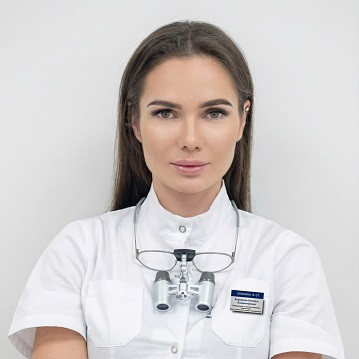
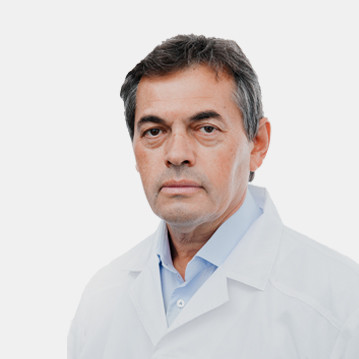
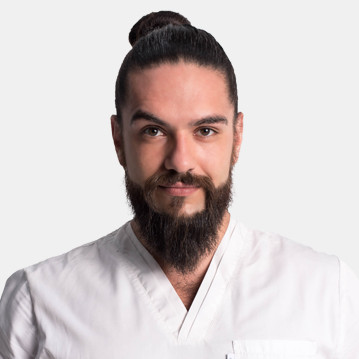
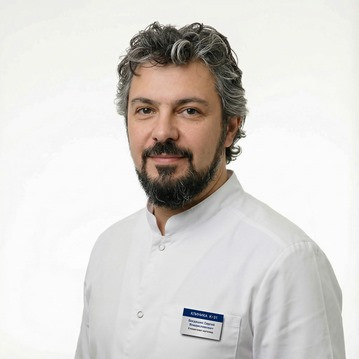
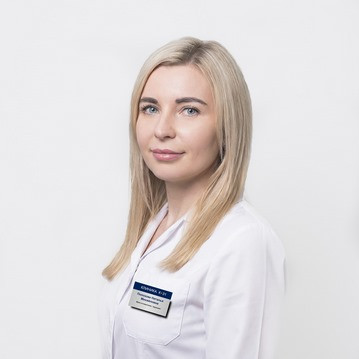
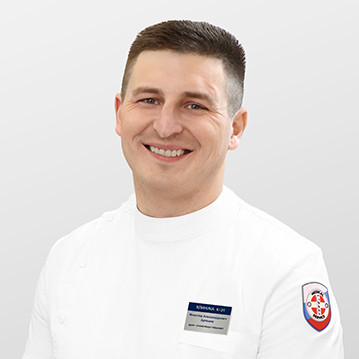
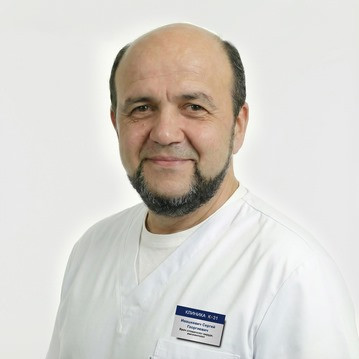

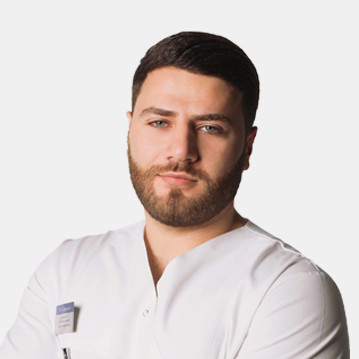
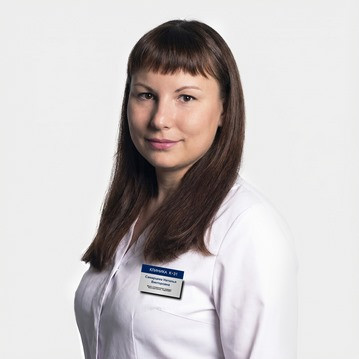

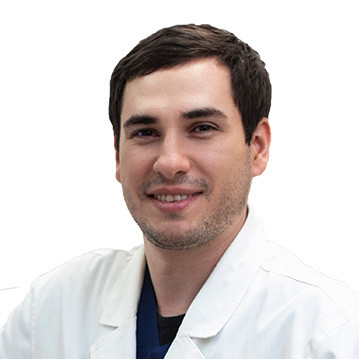
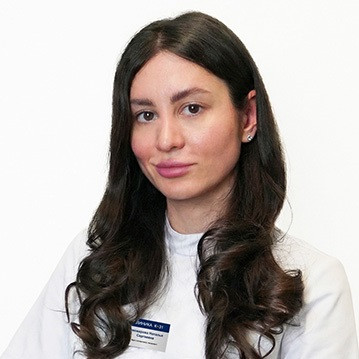
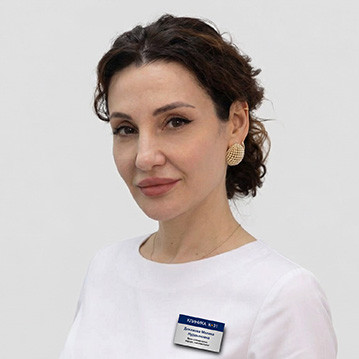
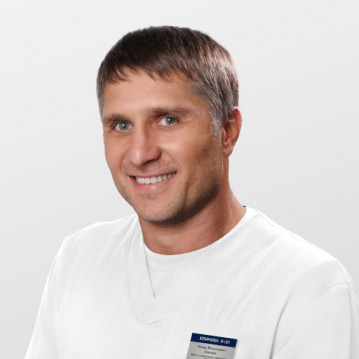
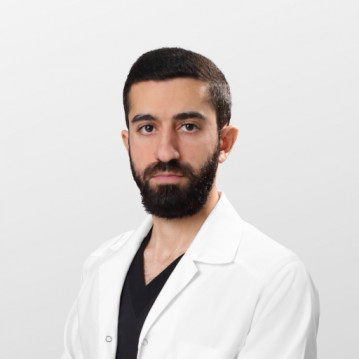
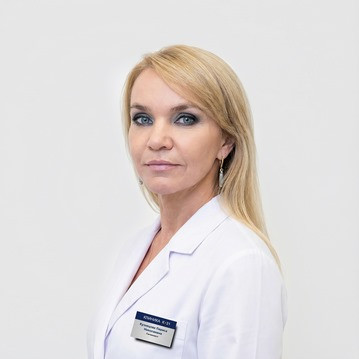

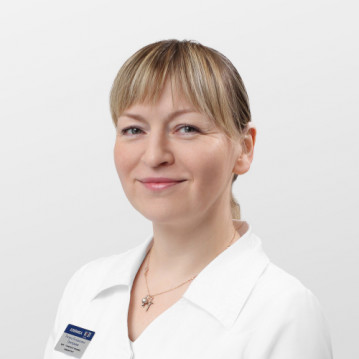
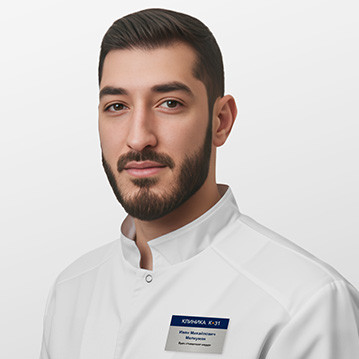
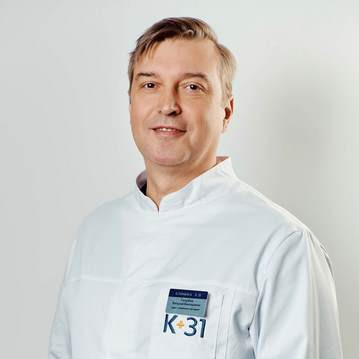
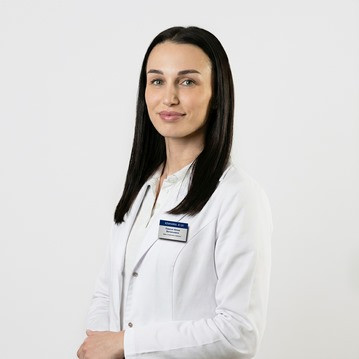
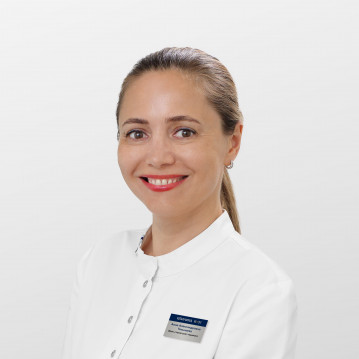
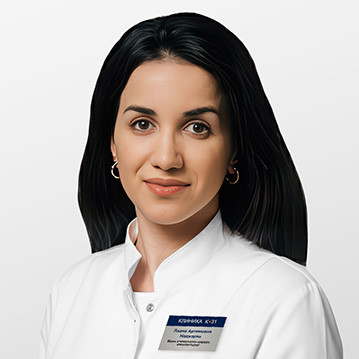
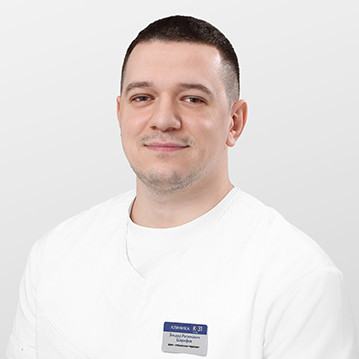
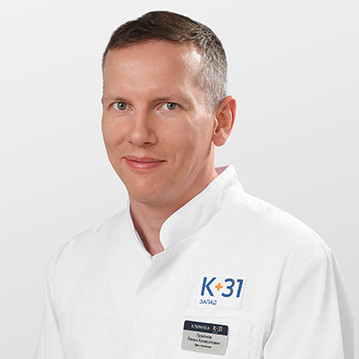
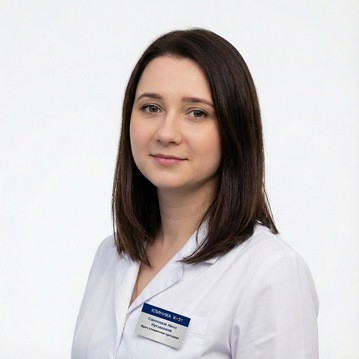



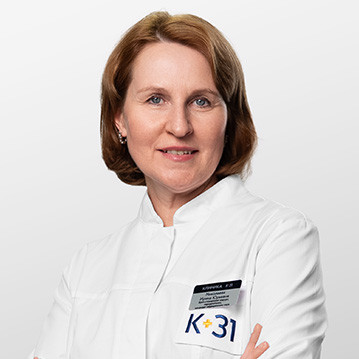
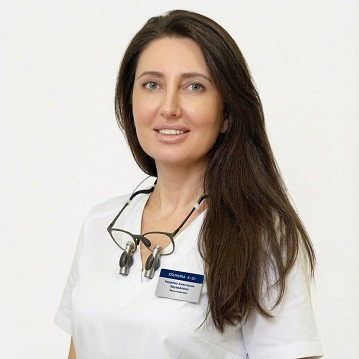
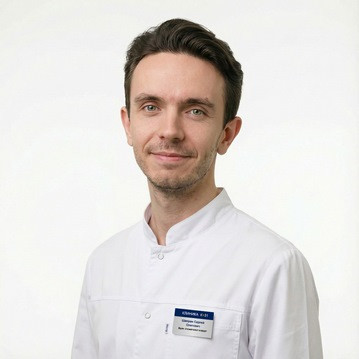

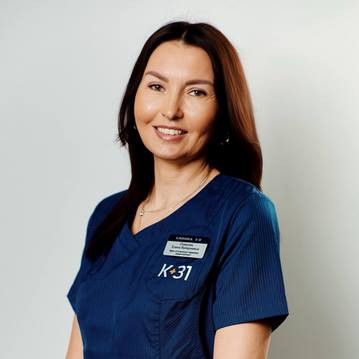





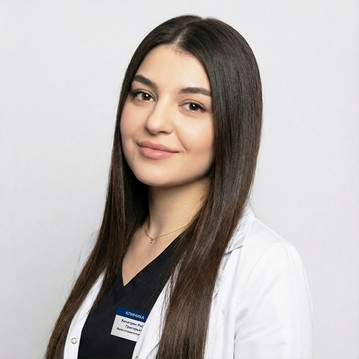









Causes of soft tissue disease
One of the main factors contributing to the development of inflammation in the oral cavity is weak immunity. Immunodeficiency leads to the fact that harmless microorganisms begin to cause inflammation of the lining of the mouth and infections.
Other causes of soft tissue diseases include:
It is also worth considering that diseases of the oral mucosa can be symptoms of HIV/AIDS. Therefore, it is necessary to undergo testing to confirm the presence or absence of infection.